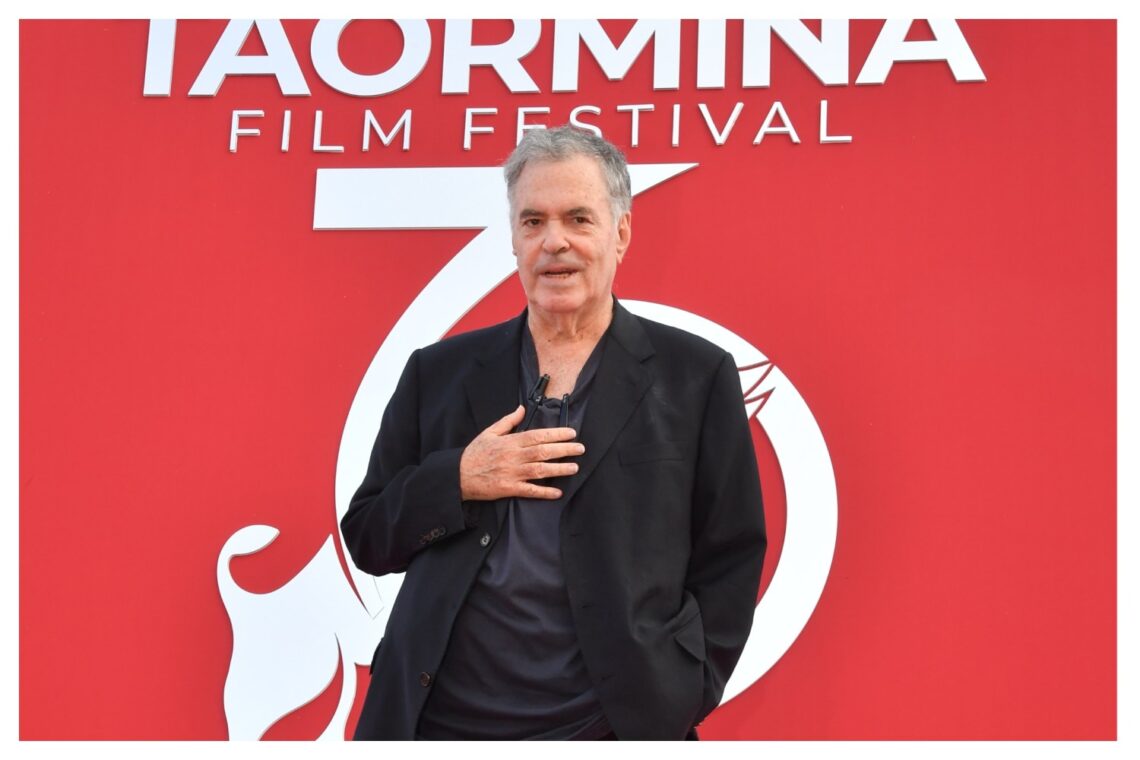Why war? Amos Gitai’s new film explores the timeless question
A dialogue between Einstein and Freud
In a world where conflicts seem never-ending, celebrated Israeli director Amos Gitai delves into the profound question of “Why War?” in his upcoming feature film. This project, inspired by a historical exchange between two of the greatest minds of the 20th century, Albert Einstein and Sigmund Freud, promises to be a thought-provoking exploration of human nature and the roots of conflict.
Gitai’s film is based on a series of letters exchanged between Einstein and Freud in 1931. Einstein, tasked by the League of Nations to pose a question to another intellectual, chose Freud and asked him simply, “Why war?” This dialogue forms the backbone of Gitai’s narrative, offering a unique lens through which to examine the perennial issue of war.
A stellar cast brings history to life
The film boasts an impressive cast, including Irène Jacob, Mathieu Amalric, Bahira Ablassi, Keren Mor, Yael Abecassis, Pini Mittelman, Menache Noy, Minas Qarawany, and Micha Lescot. Each actor brings a depth of experience and talent that promises to make “Why War?” a compelling cinematic experience.
For more details and a glimpse into the film, you can watch the trailer here.
Art as a reflection of reality
Gitai’s reflections on the role of art in society are as compelling as his films. He argues that while art may not change reality instantaneously, it leaves an indelible mark on our collective memory. Drawing parallels with Picasso’s “Guernica,” Gitai suggests that art’s true power lies in its ability to provoke thought and reflection long after the immediate events have passed.
“When Picasso paints ‘Guernica’ in 1937 after the bombardment by the Luftwaffe of the Basque village, in the duel between Franco and Picasso, Picasso lost. Franco stayed in power for 30 years. But if you ask anyone today, what is Guernica? It’s the painting of Picasso,” Gitai explains.
Shikun: A stage for dialogue
Gitai’s previous film, “Shikun,” is a loose adaptation of Eugene Ionesco’s “Rhinoceros,” set in an Israeli housing project. The film stars Irène Jacob and serves as a testament to Gitai’s commitment to fostering dialogue and understanding through art. “The big achievement of ‘Shikun’ was that I could bring Israeli, Palestinian, and Iranian musicians on stage in Berlin together,” Gitai notes. “We showed that in creating the stage for dialogue and against the forces which want war, destruction, killing, that they will not succeed: we will remain friends.”
For more information and to watch the trailer, click here.
A critique of current politics
Gitai does not shy away from critiquing the current political climate in Israel. He is particularly vocal about his disapproval of Prime Minister Benjamin Netanyahu’s regime. “The illusion that Netanyahu and his gang put into the minds of not so few Israelis that they will win just by the power of the force is a crazy idea,” he asserts. “First of all, they will not win. By the way, there is nothing to win, except death.”
Gitai’s perspective is informed by his experiences and conversations with key figures in Israeli history, including Yitzhak Rabin. He recalls Rabin’s pragmatic approach to peace, emphasizing the need for dialogue and mutual understanding.
The influence of Italian neorealism
Gitai draws inspiration from the work of Italian neorealist Roberto Rossellini, particularly his film “Germany: Year Zero.” Rossellini’s portrayal of post-war Germany offers a stark contrast to the triumphant narratives often seen in American and British films of the era. “The great films that I’ve seen in my life start when the screening is over,” Gitai reflects. “Then you say, okay, what did this person actually want to tell you, and you have to reconstruct it and figure it out.”
A reflective closure
As we navigate the complexities of our world, Gitai’s films remind us of the importance of asking difficult questions and seeking deeper understanding. “Why War?” is not just a film; it is an invitation to reflect on our history, our present, and the choices that shape our future. Through the lens of Einstein and Freud’s dialogue, Gitai challenges us to confront the underlying causes of conflict and to envision a world where dialogue and understanding prevail over violence and division.

 Italian
Italian







